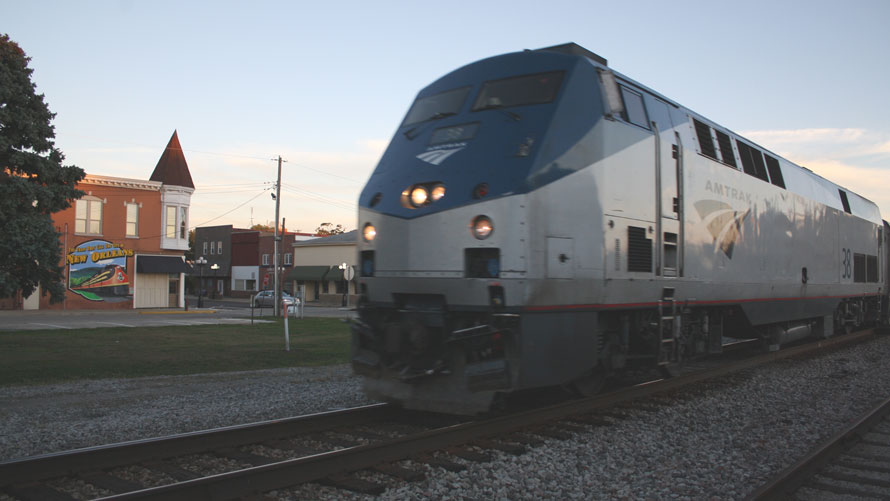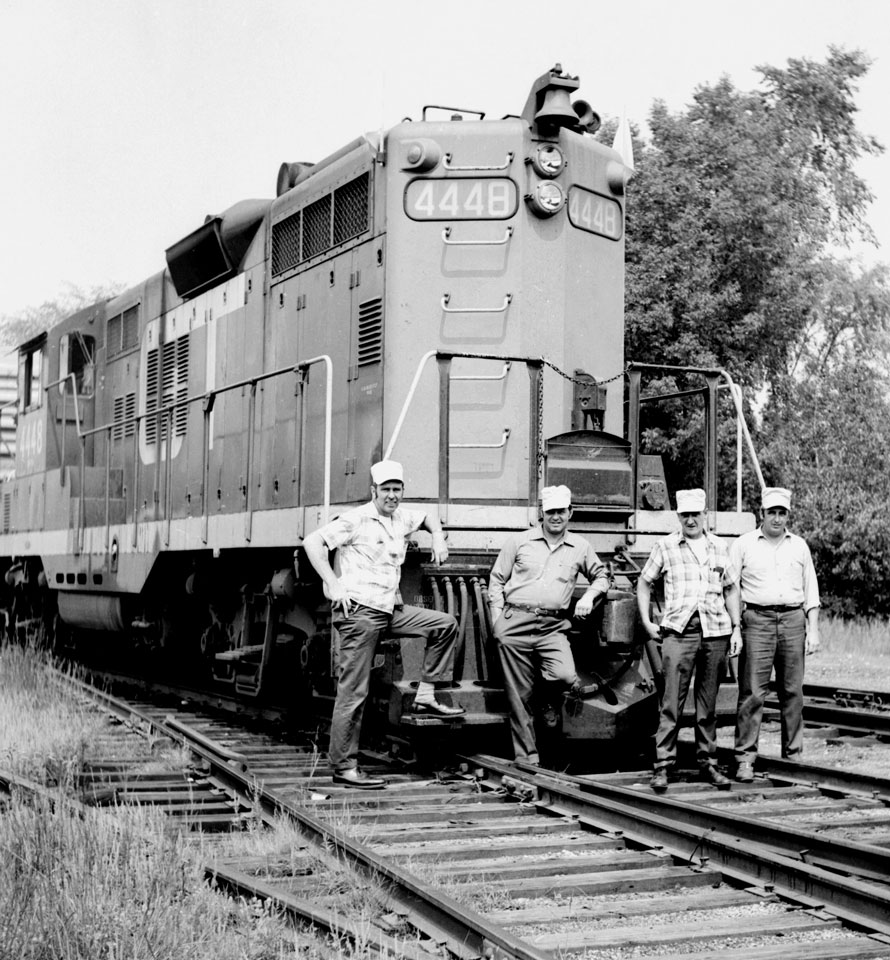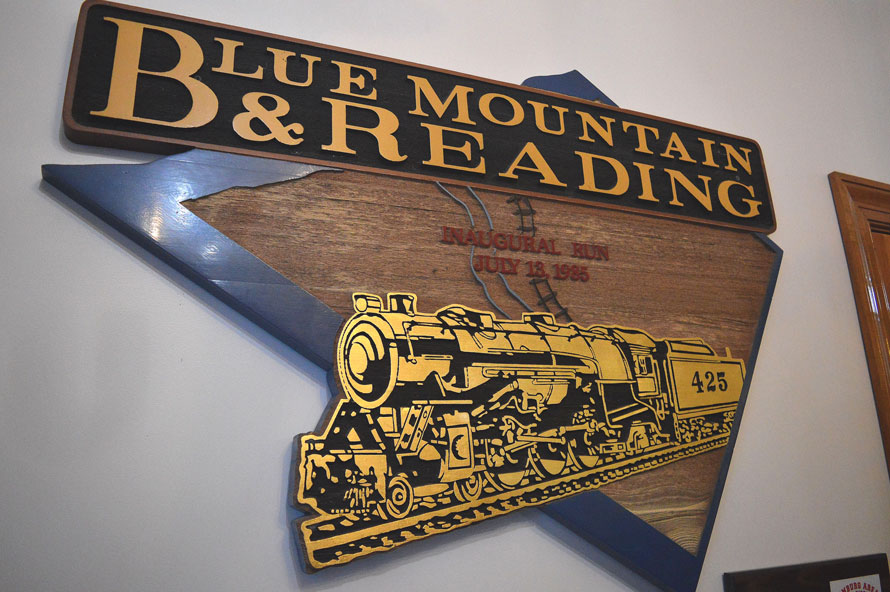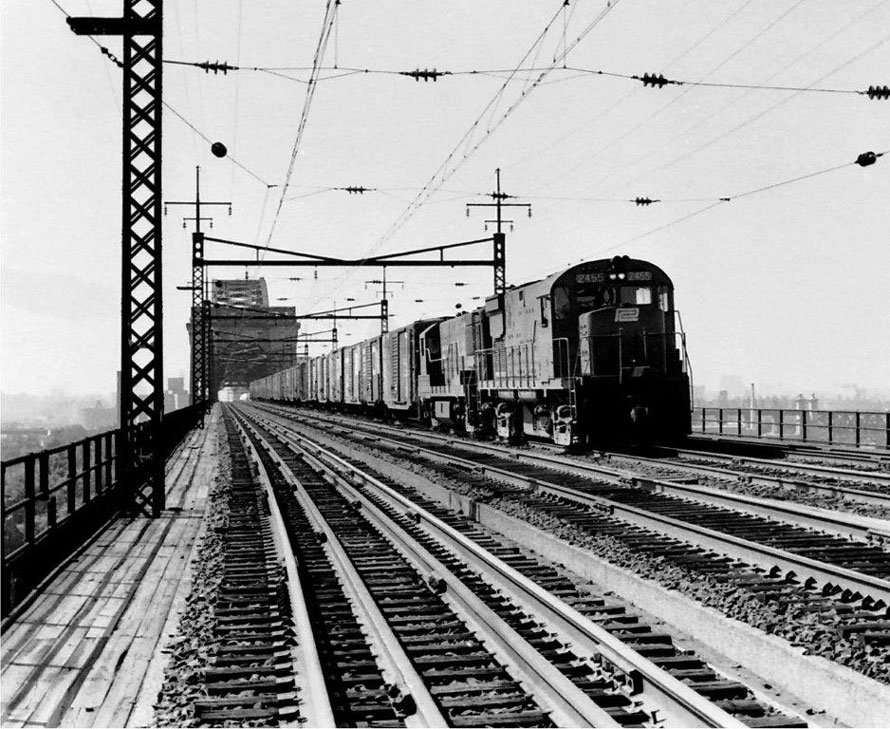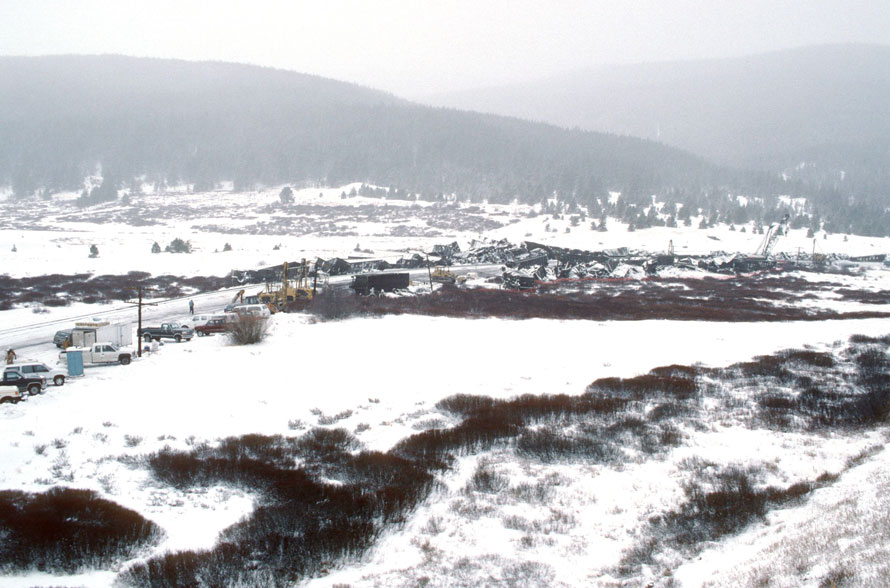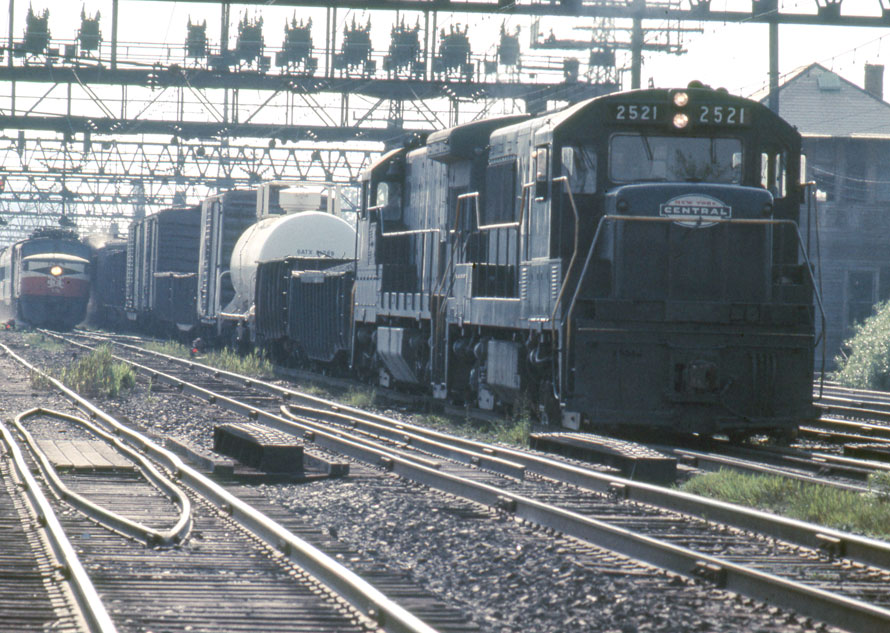
Back in 1970 we still had the sixteen hour law and many freight jobs out of New Haven, Connecticut would work 15:59 so they did not outlaw. If you worked 16 hours you had to have 10 hours rest. But any other amount of time meant you only had to have 8 hours off. Any job that went into New York had to have a fireman on it as they still had a full crew law; this was the way it was until about the 80’s. One of the jobs that went to NY was NH-1 that turned for HN-2. It was called the Drop as it made many stops along the way. The engineer on the job at that time was Joe De Cuffa, who was another great guy to work with and knew his job well. He enjoyed having firemen to teach and was the first engineer that started teaching me how to run a freight train. Before 1974, to become an engineer you were a firemen for a while, as a rule, about three to four years. During that time you worked with many men and most would have you sit in the seat and show you how they ran their train. At the end of your years of doing it that way you took exams on rules, air brake and mechanical aspects of the engines, and then qualified on the characteristics of the road. That last part was where you sat with the rules examiner and he would say take me from a point some place on the section of track you were doing to another part until he was satisfied you knew where you were. This meant each signal, switch, station, interlocking, speeds and any other special instruction you would have to know.
Read more